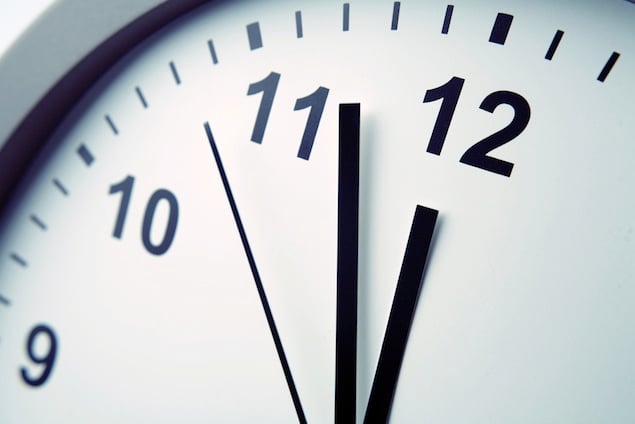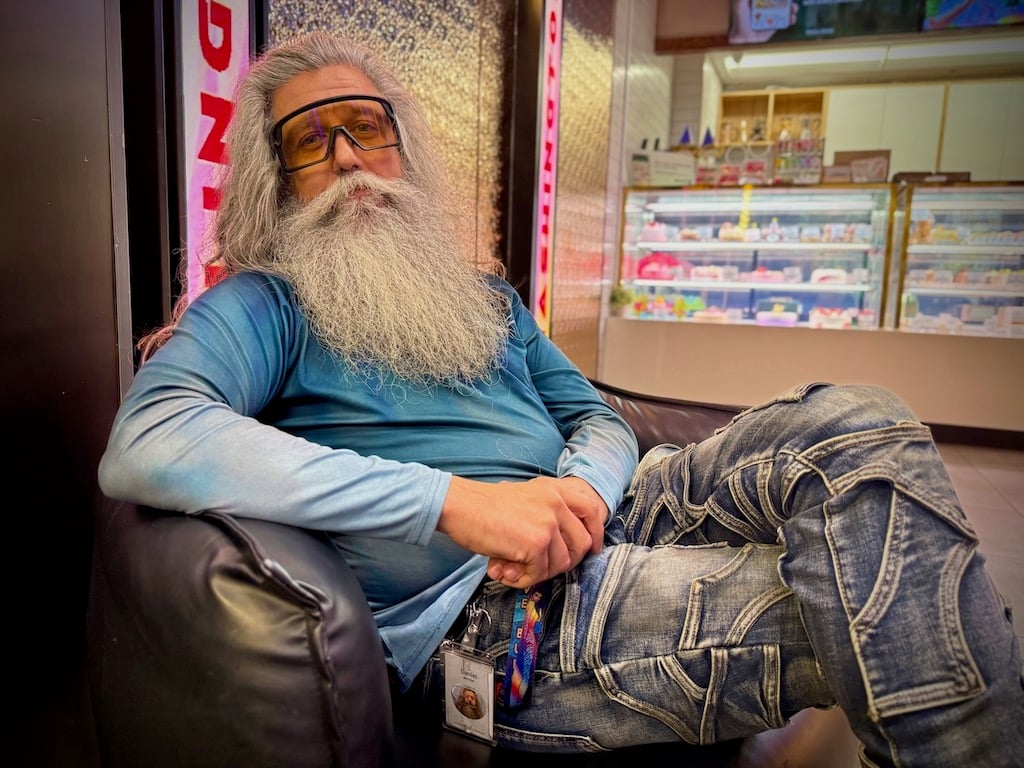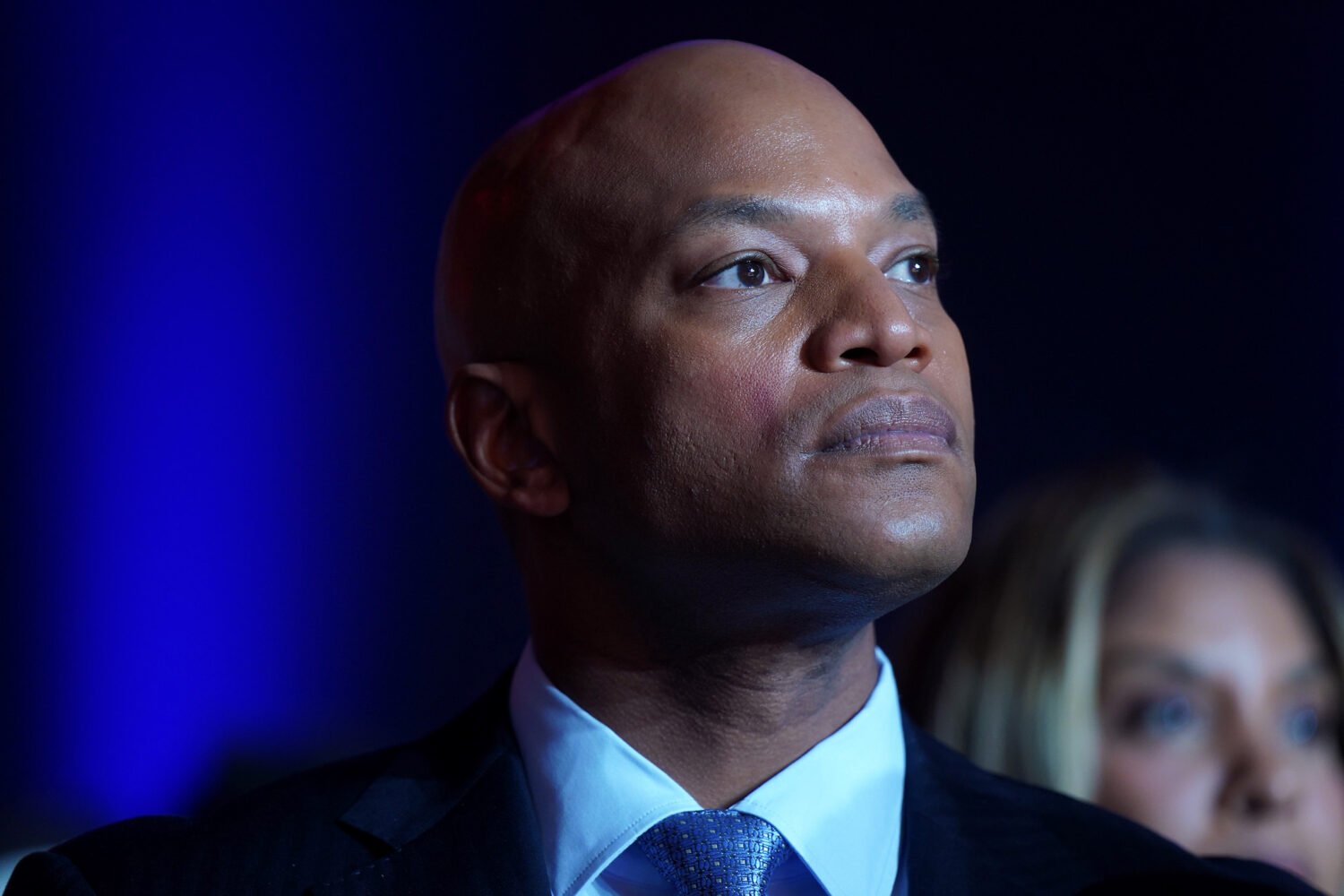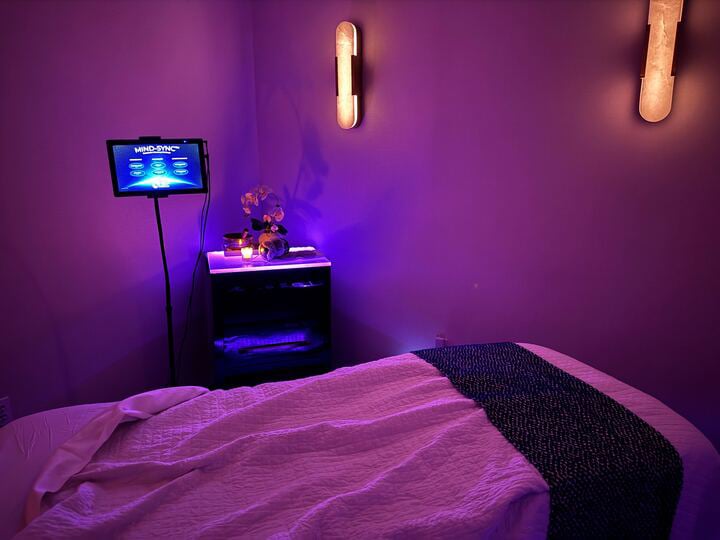This weekend, Americans will undertake the familiar ritual of resetting their clocks for Daylight Saving Time, and thereby losing an hour of precious sleep. Maryland state delegate Brian Crosby thinks this should be the last time we have to change the clocks—ever.
“It’s miserable for like a week after you switch it,” says Crosby, who introduced a bill in the Maryland House to ditch the practice and make Daylight Saving Time permanent. The bill passed the House last month and will now be considered by Maryland’s state Senate.
Crosby got interested in the subject a few years ago after chatting about it with colleagues and learning about some of clock-changing’s apparent negative consequences. One Swedish study found spikes in heart attacks on the Monday after Daylight Saving Time begins each year. “Everybody started throwing out facts of why it was a health issue, and it made a lot of sense,” he recalls. “So I was like, ‘Man, all right, I’ll do something about it.'” A lot of people—researchers, politicians, anyone who enjoys getting sleep—seem to agree that changing the clocks twice a year is a bad idea. Fatal car crashes increase during the week after the switch to DST, as do workplace injuries and strokes. Plus everyone is just super grumpy.
The bill still faces pretty significant hurdles, even if it passes the Maryland Senate. Under current federal law, states aren’t allowed to change the timing of DST, though they can opt out of it entirely and stick with Standard Time year-round. Debate about switching to year-round DST—permanently pushing the clock forward an hour, so the sun rises and sets later in the day—has cropped up in the US Congress over the last few years, but nothing concrete has happened yet. And importantly, Crosby’s bill specifies that it will only go into effect if similar laws are passed in DC, Delaware, Pennsylvania, Virginia, and West Virginia.
Delaware already has a law on the books with the same contingency—it will adopt year-round permanent DST as soon as its neighbors do. Of course, Delaware’s neighbors include not only Maryland and Pennsylvania, but also New Jersey, so the “I’ll do it if you will” approach would require broad adoption of the idea.
Still, Crosby thinks the proposal might not be as much of a long-shot as it seems. “It’s gaining momentum,” he says. “About four years ago, there were probably three or four proposals. And today, 41 of those 48 states [that participate in DST] either have a proposal in or have passed a law for permanent Daylight Saving Time.”
A few Virginia legislators are considering the idea, too, though the state’s most recent proposal would keep Standard Time (when the sun rises and sets earlier in the day—yes it can be confusing!) in place rather than DST.
Many sleep experts argue in favor of this Standard Time solution, saying that the lack of morning light is bad for circadian rhythms and general health, especially for teens. But Crosby and other permanent-DST proponents point to decreased crime rates, lower levels of seasonal depression, and economic benefits resulting from extended evening sunshine.



















